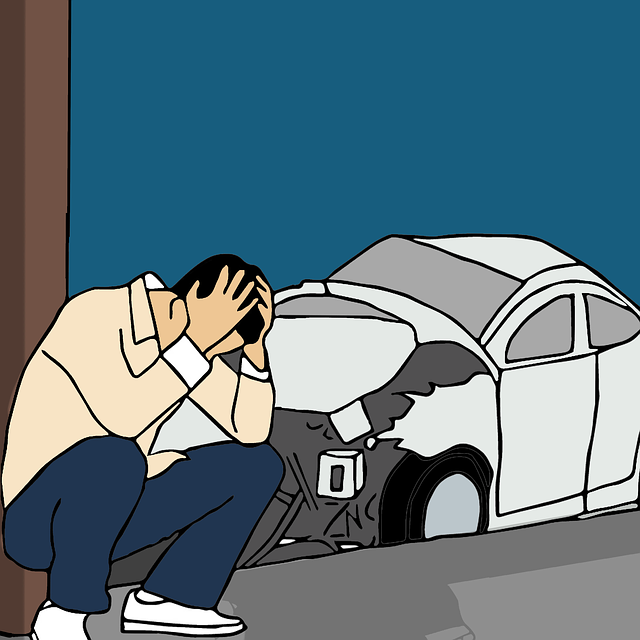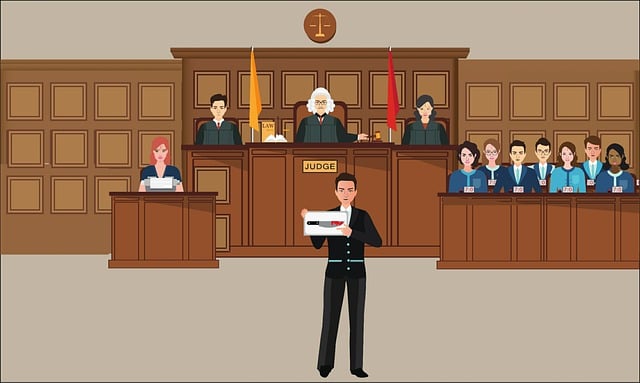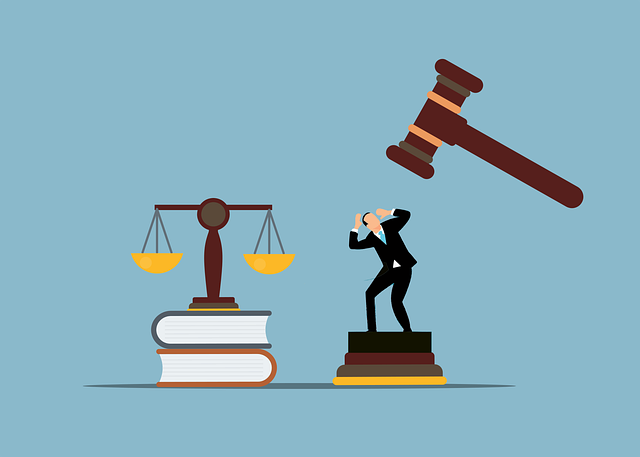Dog bite infections pose significant health risks, especially for immunocompromised individuals, the elderly, and young children. Caused by pathogens in dog saliva, these infections range from mild skin irritations to severe systemic illnesses. Factors like deep wounds, unvaccinated dogs, poor hygiene, inadequate wound care, and aggressive breeds increase infection likelihood. Immediate action after a dog attack is crucial: stop bleeding, identify the owner for rabies info, wash hands, and seek medical attention promptly. Long-term prevention involves regular vet check-ups, strict hygiene, proper pet training, responsible ownership, and community education to foster safe interactions.
“A dog bite can cause more than just physical harm; it also carries the risk of serious infections. This comprehensive guide aims to equip readers with the knowledge needed to prevent and manage dog bite infections. We’ll explore the causes and potential risks, detailing immediate actions to take after an attack to minimize contamination. Additionally, learn long-term care strategies and preventive measures to ensure optimal healing and reduce the likelihood of complications from dog bite injuries.”
- Understanding Dog Bite Infections: Causes and Risks
- Immediate Steps After a Dog Attack to Prevent Infection
- Long-term Care and Prevention Strategies for Dog Bite Injuries
Understanding Dog Bite Infections: Causes and Risks

Dog bite infections are a serious consequence that can arise from even seemingly minor attacks. Understanding the causes and risks is crucial for preventing potential health issues. When a dog bites, its saliva can introduce various bacteria, viruses, or parasites into the wound. These pathogens can cause infections ranging from mild skin irritations to severe systemic illnesses. High-risk individuals, such as the immunocompromised, elderly, or young children, are more susceptible to complications.
Certain factors increase the likelihood of a dog bite infection. Deep or puncture wounds, unvaccinated dogs, poor hygiene practices after biting, and inadequate wound care all contribute to the risk. Moreover, some breeds are known for their aggressive tendencies, making them potential sources of serious infections. Being aware of these risks is essential, as improper handling can lead to accident settlements, injury compensation claims, or even wrongful death cases in extreme situations.
Immediate Steps After a Dog Attack to Prevent Infection

After a dog attack, immediate action is crucial to prevent a potentially serious dog bite infection. The first step is to stop any bleeding by gently cleaning and applying direct pressure to the wound. If possible, identify the dog’s owner and determine if the animal has been vaccinated against rabies. It’s also essential to wash your hands thoroughly before and after treating the injury to avoid introducing bacteria.
Seek medical attention as soon as possible. A healthcare professional can assess the depth and severity of the bite, administer necessary vaccinations, and prescribe antibiotics to prevent or manage infection. If you’ve suffered significant injuries or face contract disputes regarding liability, consult with a qualified accident attorney who can guide you through legal processes while ensuring your immediate health needs are addressed.
Long-term Care and Prevention Strategies for Dog Bite Injuries

Preventing dog bite infections requires a multi-faceted approach that extends far beyond immediate medical treatment. Long-term care involves strict hygiene practices and regular monitoring for signs of infection, especially in high-risk individuals like the elderly or those with compromised immune systems. It’s crucial to keep the wound clean and dressed, avoiding any activities that might reintroduce bacteria. Physical therapy may be necessary to restore mobility and strength if muscle damage occurred.
Proactive prevention strategies are equally vital. This includes ensuring proper pet training and socialization, promoting responsible dog ownership, and educating communities on safe interactions with dogs. Regular vet check-ups for pets can help identify behavioral or health issues early on, potentially averting future incidents. While an auto accident attorney deals with motor vehicle collisions, and a nursing home neglect lawyer handles elder abuse cases, preventing dog bite infections falls under individual responsibility and community awareness initiatives aimed at keeping everyone safe from avoidable harm.
Preventing a dog bite infection is paramount after any attack. By understanding the risks, taking immediate steps like cleaning wounds thoroughly and seeking medical attention, and adopting long-term care strategies such as proper bandaging and monitoring for signs of infection, you can significantly minimize the chances of complications. Remember, timely action is crucial in mitigating potential health hazards associated with dog bite injuries.






